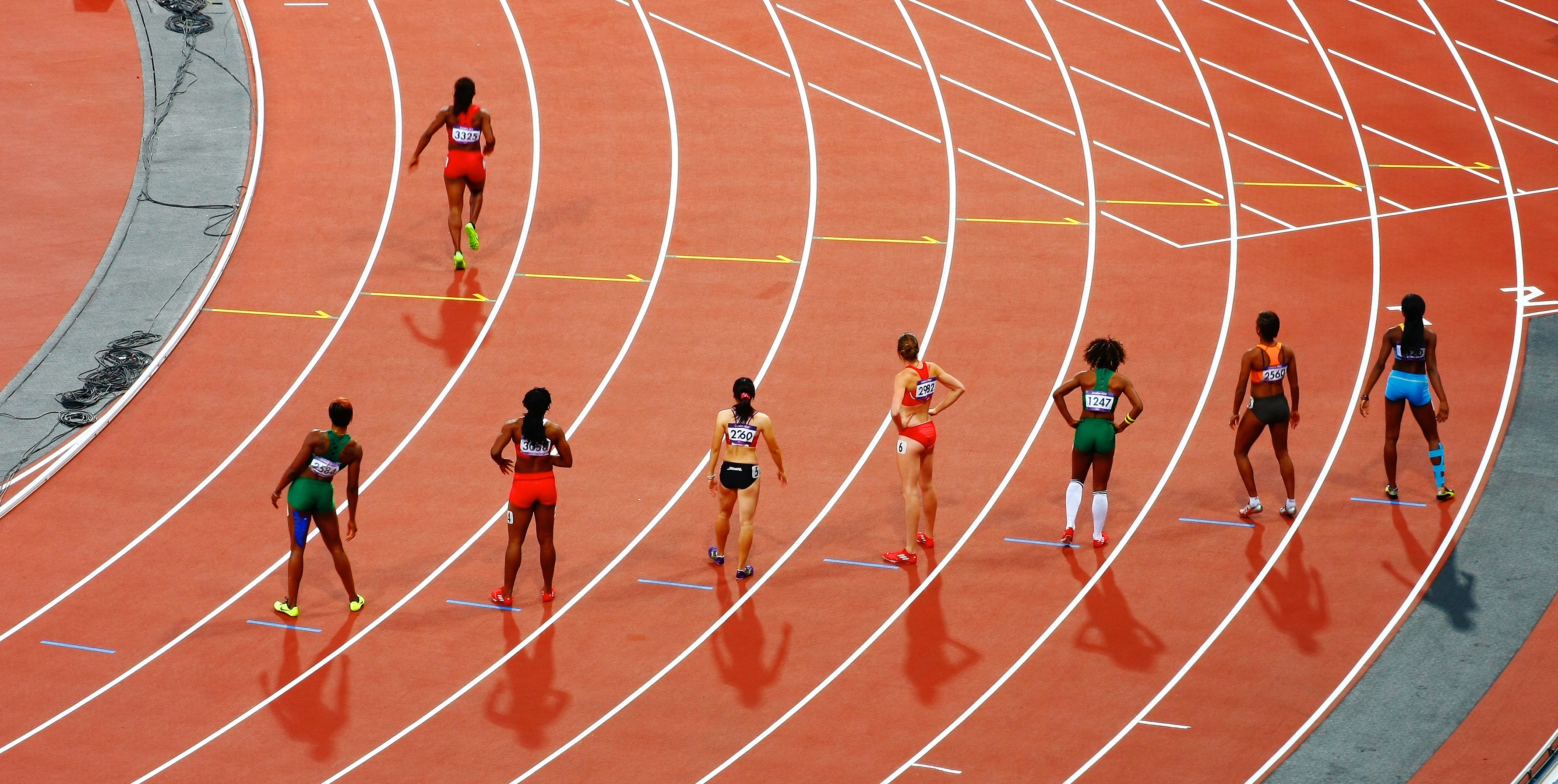Olympic athletes with an early and extraordinary peak performance, have shorter life expectancies
Leiden, The Netherlands/Copenhagen, Denmark, 21 August 2016 – Many personal records were broken in Rio’s Olympic arena in the past three weeks. Athletes who managed to achieve this at a relatively later age, may receive a special bonus: on average they live longer than their competitors who peak at an earlier age. This was concluded by researchers of Leyden Academy on Vitality and Ageing and University of Copenhagen in an article published in scientific journal Aging on 19 August 2016.
Peaking early comes with a cost
The researchers analysed the achievements and life expectancy of over one thousand athletes who competed in the 1896 Olympics in Athens to and including the 1936 Olympics in Berlin, in 58 disciplines including running, long jump and discus throw. The last of these Olympians passed away in 2010. The researchers established at what age these athletes achieved their personal records; the moment of which can be assumed that the athlete reached his or her maximal physiological capacity. Athletes who reached this peak at a relatively early age, showed 17-percent increased mortality rates compared to athletes who peaked at a later age. Also, athletes who ranked higher showed 11-procent increased mortality rates. Male athletes who had both an early and extraordinary peak performance suffered a cost of nearly 5 years at the end of their lives compared to those who peaked late and not extraordinarily. Peaking early in life comes with a cost.
First time physical trade-off is found in humans
Life history theory postulates a trade-off between development and maintenance. This trade-off is observed when comparing life histories of different animal species. In humans, however, it is debated if variation in longevity is explained by differences in developmental traits. Observational studies found a trade-off between early and high fecundity and longevity in women. However, development encompasses more than fecundity and also concerns growth and physical performance. Researcher Paul van de Vijver of Leyden Academy explains: “This is the first time a life history trade-off between physical performance and longevity is found in humans. We have seen a life history trade-off between early and above average physical performance and longevity in male Olympic athletes. This is not due to a direct cost of intense training and fierce competition, but to underlying biological mechanisms that help an individual reach his physical peak earlier, but come with a higher pace of aging. A fascinating finding that needs to be further unravelled.”
The article Early and extraordinary peaks in physical performance come with a longevity cost by Paul van de Vijver, David van Bodegom and Rudi G.J. Westendorp was published by scientific journal Aging on 19 August 2016.
If you have any questions, please contact Niels Bartels (Communications Manager) by phone +31 (0)71 524 0960 / +31 (0) 63461 4817 or by email.



